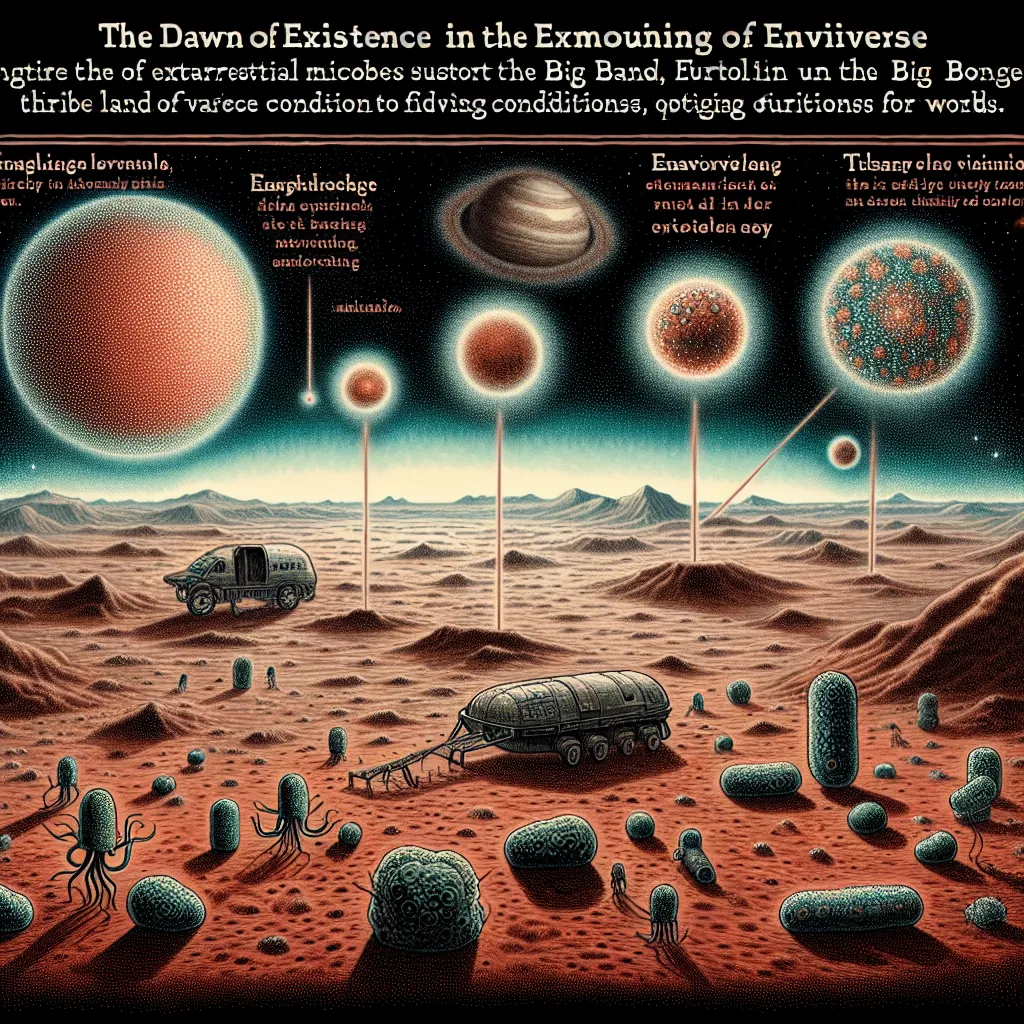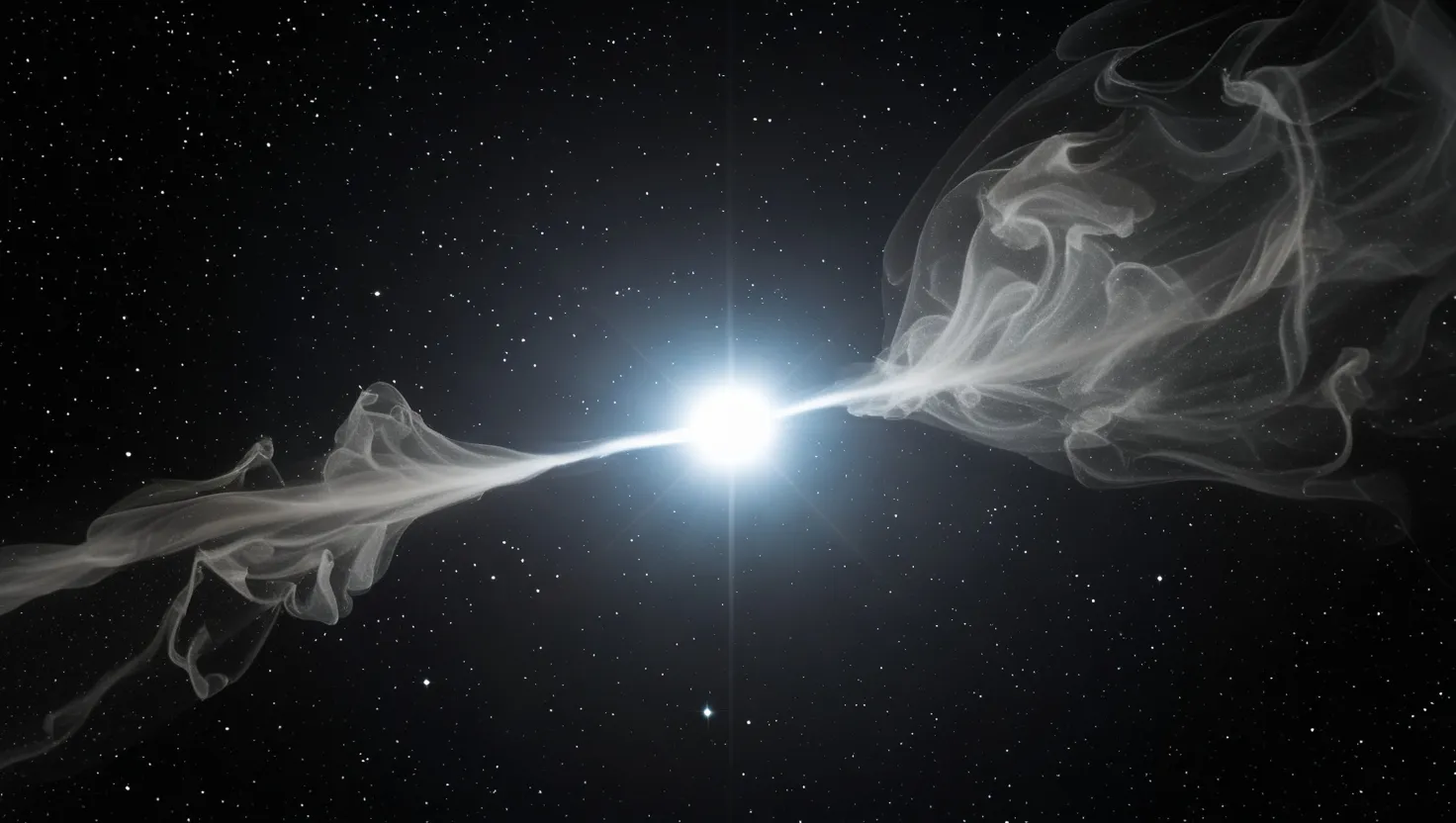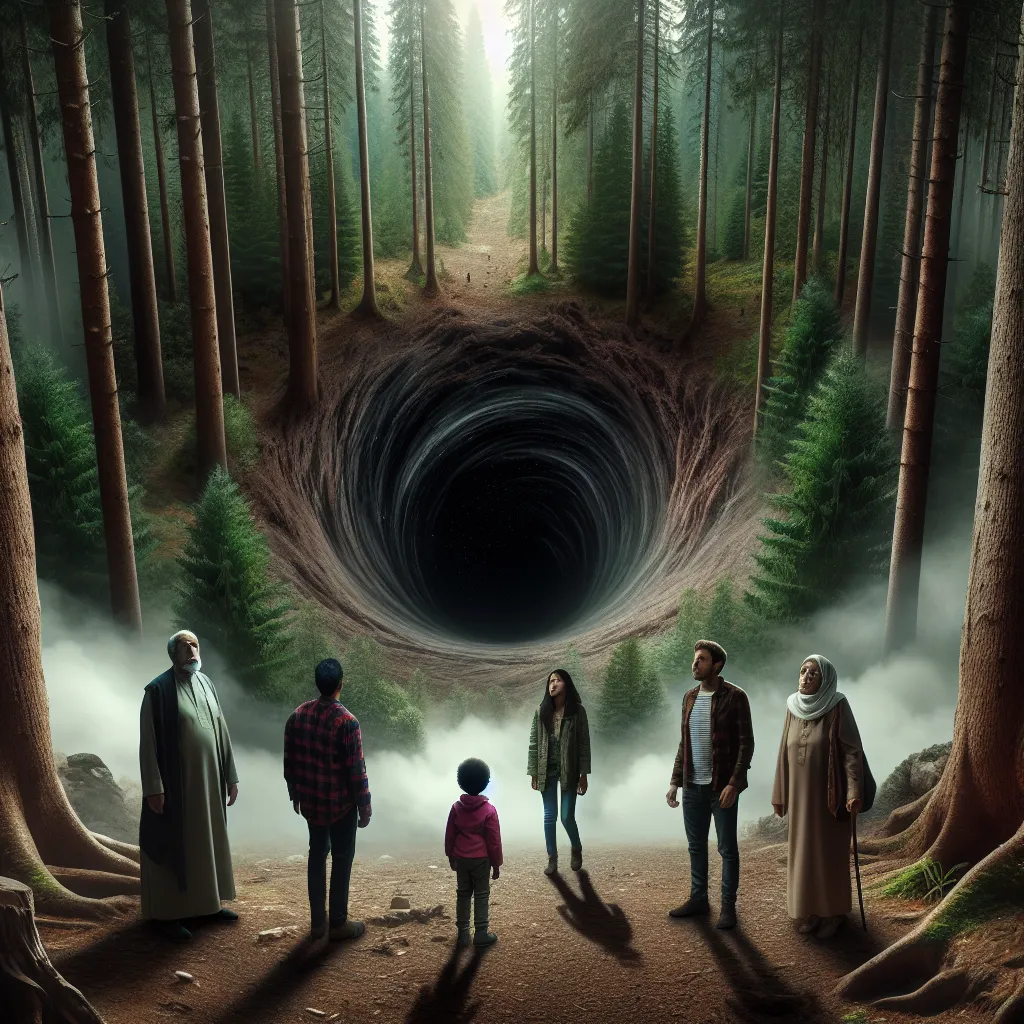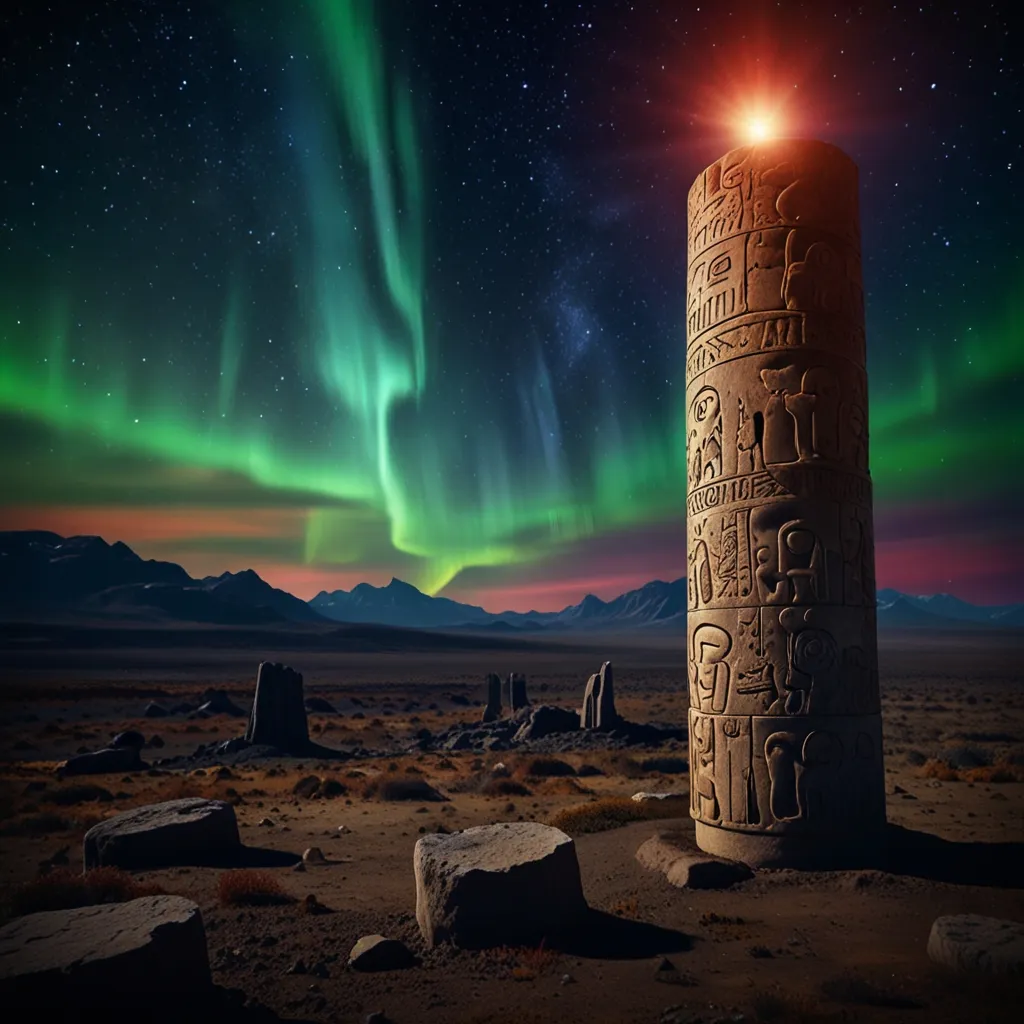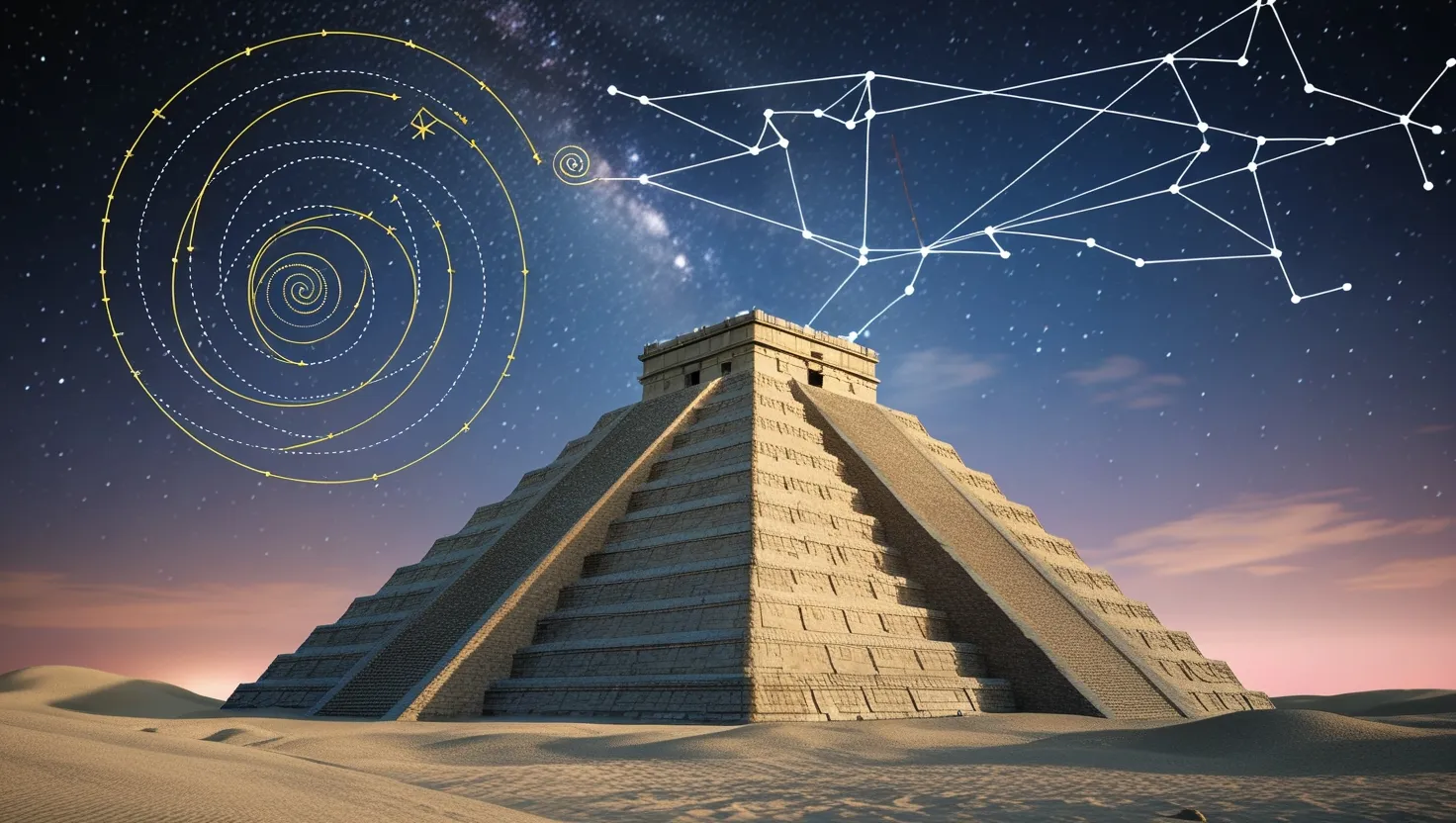Life has been around on Earth for about 4 billion years. But it might have started even earlier, maybe right after the Big Bang. The early universe could have been a strange, fertile ground for life to pop up anywhere. Tiny aliens might be out there waiting to wake up in the right conditions.
Consider Earth’s early days. It was a hellscape of molten rock and asteroid impacts. But as soon as things settled down, life appeared quickly. Microbes spread everywhere. This rapid start suggests that life was ready to go as soon as it had a chance.
The real puzzle is how life went from non-living matter to complex organisms with genomes. Genomes need proteins, and to make proteins, you need genomes. It’s like needing both a chicken and an egg to get started. This makes us wonder how life managed this leap in just a few hundred million years.
One idea is to look at the evolution of genomes over time. Genomes have grown more complex in a consistent pattern, doubling in size every 350 million years or so. This suggests an inner clock of evolution. When we trace this back, it points to life starting about 10 billion years ago, much earlier than Earth. This means life might have begun in space and later arrived on our planet.
Life needs the right ingredients: chemical elements and a liquid medium like water. Interestingly, after the Big Bang, the universe had the perfect conditions for water to stay liquid for millions of years. Early stars could have created the necessary elements for life. If life started in this early universe, it might have continued evolving in various environments, even as the universe cooled down.
This idea is speculative but intriguing. If life came from space, it could also exist elsewhere in our solar system. Mars, Europa, or Enceladus might hold clues. Titan has lakes of methane and ethane at temperatures similar to the early universe, possibly hinting at exotic forms of life.
So, while we don’t see anyone like us in the cosmos right now, it’s possible that life is common but in simpler forms. Complex life might take billions of years to appear. The universe could be teeming with microbial life or even other sentient beings wondering about their place in the stars. If we share a cosmic origin, we’re all part of a vast family spread across the universe. Let’s keep searching and see what we find.
